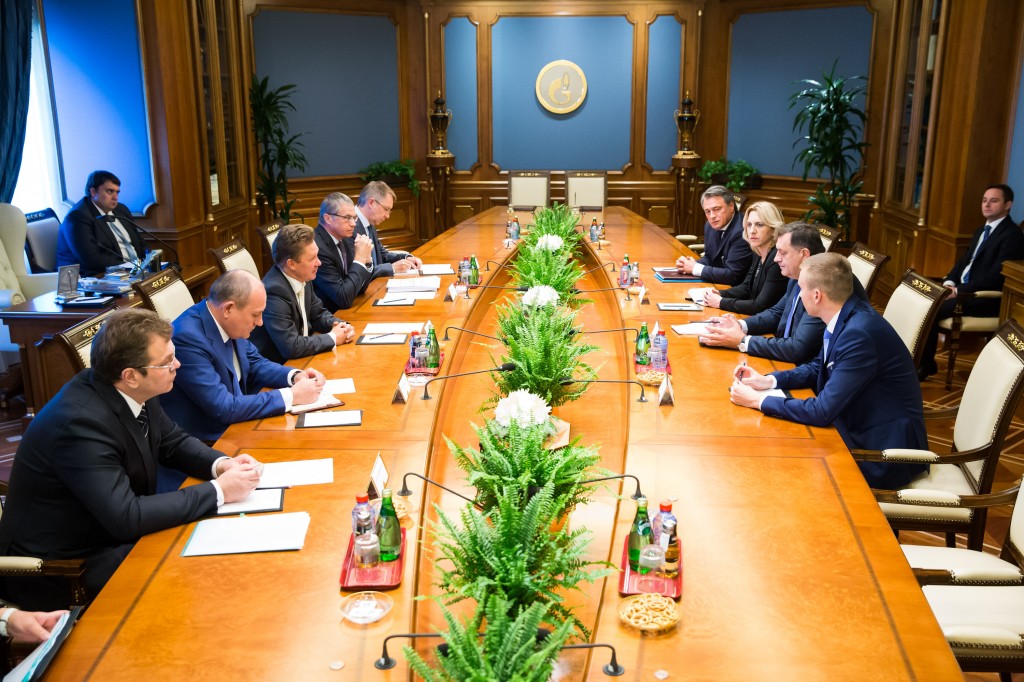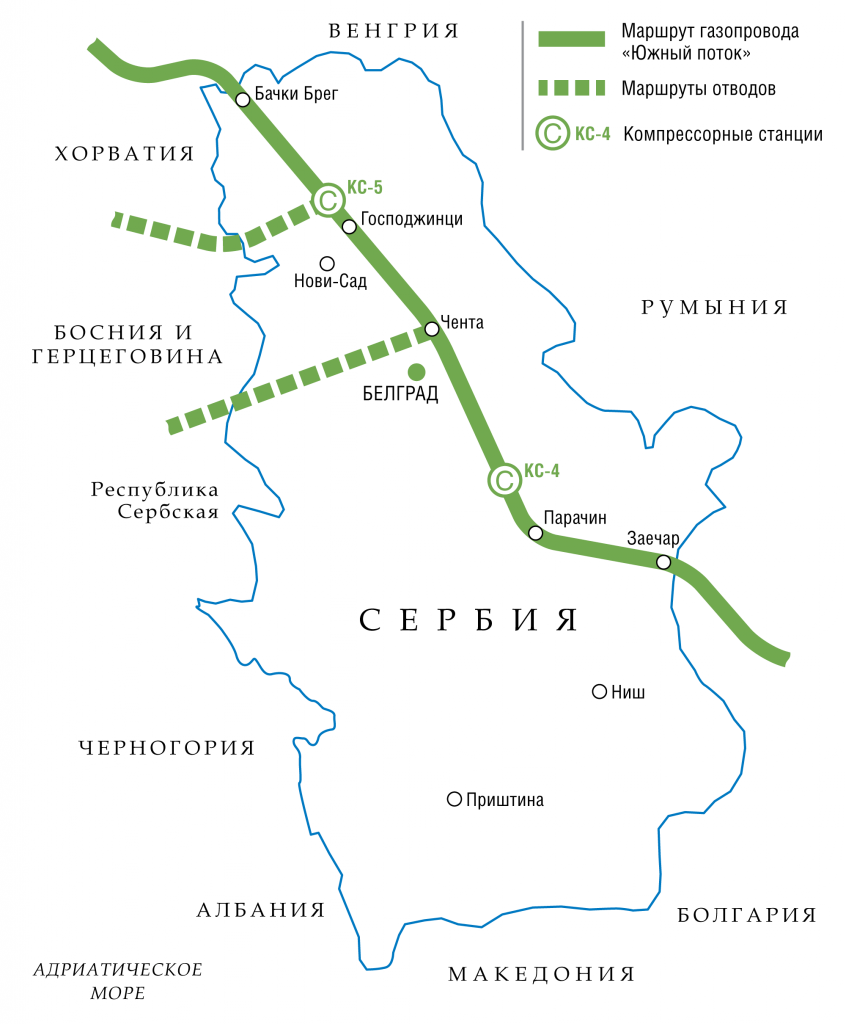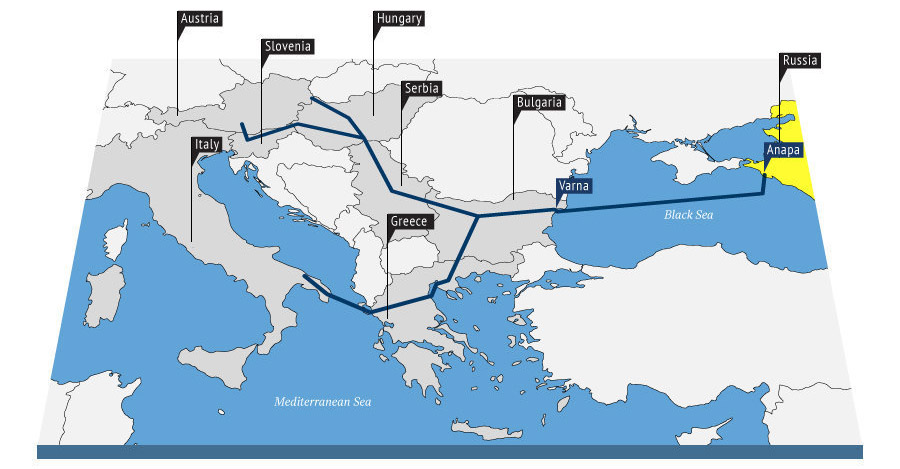 Gazprom’s announcement of a deal to supply the Republika Srpska with gas imports from mid-2015 should be seen within the context of Russian moves to push forward the South Stream gas pipeline, currently under review by the European Commission and suspended by key transit state Bulgaria, writes Josh Posaner.
Gazprom’s announcement of a deal to supply the Republika Srpska with gas imports from mid-2015 should be seen within the context of Russian moves to push forward the South Stream gas pipeline, currently under review by the European Commission and suspended by key transit state Bulgaria, writes Josh Posaner.

The terms of the deal mooted in Moscow on Tuesday emphasise that gas flows would be provided on a direct basis through existing infrastructure to local distributor Srpska GAS RES, bypassing Sarajevo or a Bosnia-based intermediary.
Republika Srpska officials claim the initial import deal should lower consumer prices and increase gasification, with an intergovernmental agreement on South Stream currently being drafted too. Another MoU signed with Russia’s Zarubezhneft will switch the Brod refinery to run on gas – increasing demand for imports in Srpska.

Overall, Bosnia is a small gas consumer but its value as a potential spur participant along the South Stream transit route and potential for future sales to power stations and newly gasified residential areas in Republika Srpska give the region a strategic value to Gazprom – under fire for its operations in EU markets and the ongoing price dispute with Ukraine.
Politically, the deal will further splinter the energy sector in Bosnia & Herzegovina and could undermine the draft law on the gas market approved by the parliament in Sarajevo over recent days. The legislation is aimed at bringing national energy sector regulation towards EU standards and introducing third party access rules for infrastructure that could harm Gazprom’s interests.
Moscow’s support for Republika Srpska and rejection of the idea to reform the Dayton agreement and form a unitary state, serves to assist broader Gazprom interests in increasing supply to the Balkan market at a time when EU-Russia relations are souring and sanctions increasing over Ukraine.
With Caspian-sourced supplies set for delivery into the region through the Trans-Adriatic Pipeline at the end of this decade, the Balkans could become an increasing area of competition between Moscow and Brussels.

Note: This article gives the views of the author, and not the position of LSEE Research on SEE, nor of the London School of Economics.
___________________________
Josh Posaner is a journalist covering energy issues in Central Europe and a research fellow at the Berlin Centre for Caspian Region Studies. He’s also a PhD candidate at the Free University in Berlin researching long-term gas contracts. He tweets @joshposaner.


